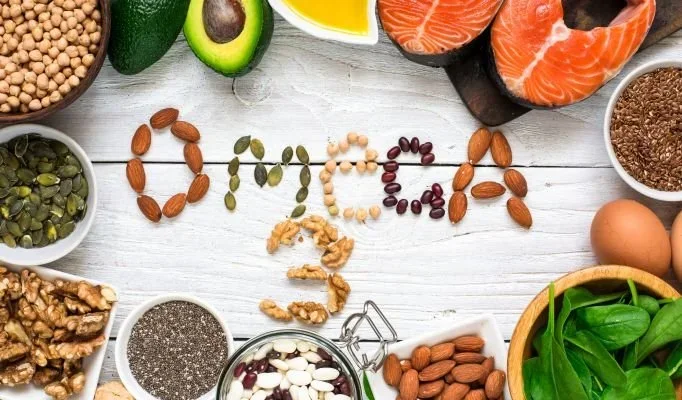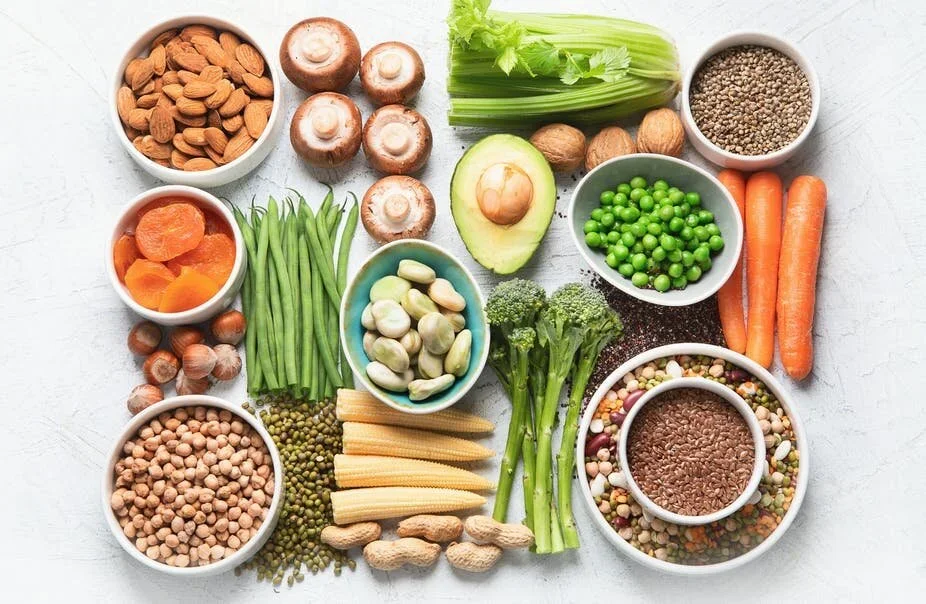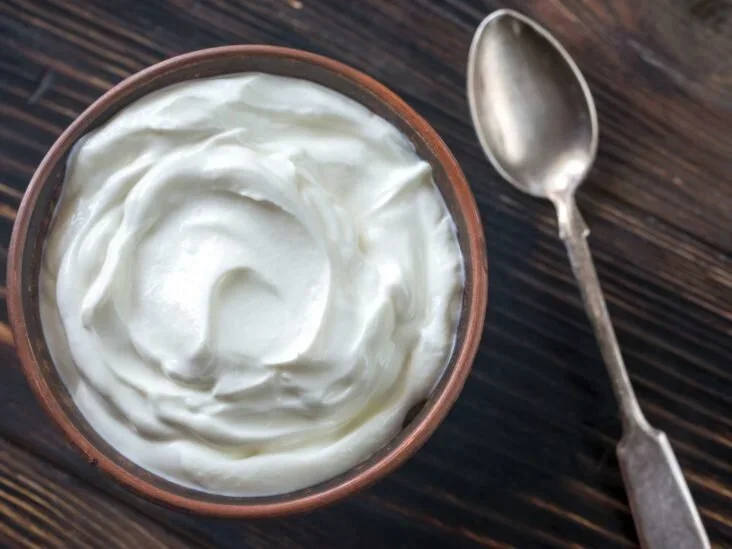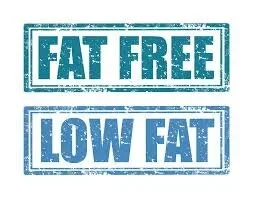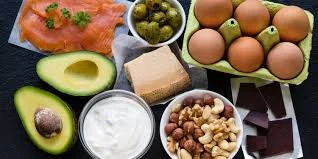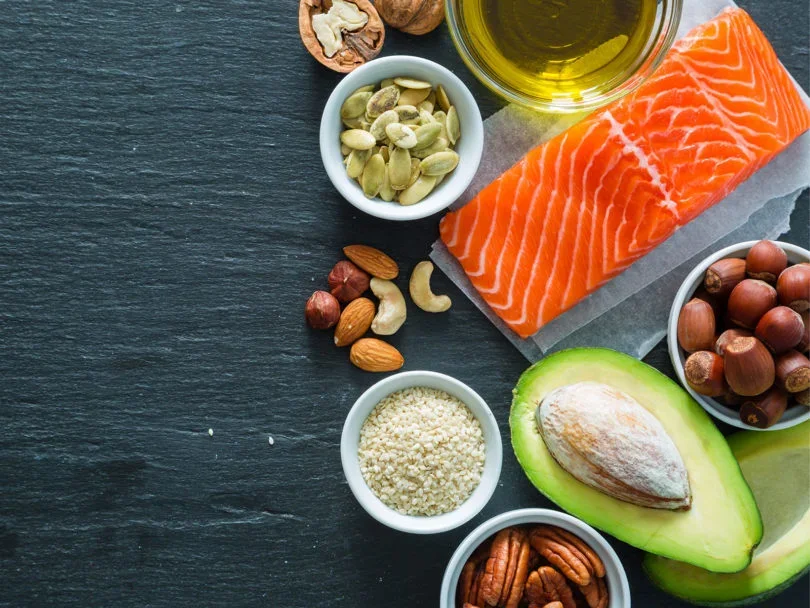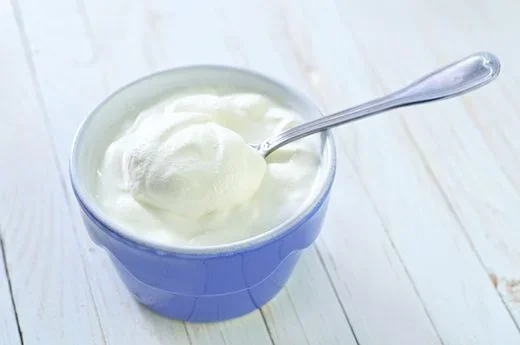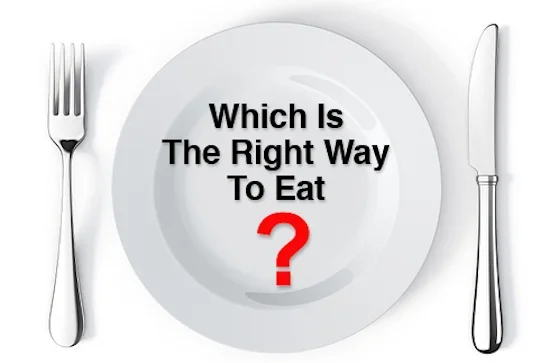
health briefs
This is smart health for real life. Short reads, clear science, practical moves. I show you where better energy, focus, and resilience come from. Follow along for data-driven insights, clinical strategies, and behind-the-scenes perspective on strategic health for individuals and companies.
Are Seed Oils Really That Bad? Let’s Talk Facts — Not Fear
Let’s be honest: if you hang out on health TikTok or deep-dive into wellness podcasts, you’ve probably heard people calling seed oils "toxic," "inflammatory," or even “the root of all chronic disease.”
Seed oils — like canola, sunflower, soybean, and corn oil — have been demonized hard in recent years. But here's the truth: seed oils are not inherently bad, and some of the claims against them are, well… a little overcooked.
Let’s unpack what’s actually true, what’s overhyped, and why omega-6 fats (the main component of seed oils) are literally essential for your body.
Too much omega-3 is too much of a good thing!
Did you know that too much Omega-3 actually impairs the immune system's ability to kill pathogens, thus increasing viral pathogen burden? Yes, many of us think that the more fish oil the better, but as with anything: too much of a good thing is just not a good thing anymore and - surprise - actually proinflammatory!
Are vegetarians more at risk for mental disorders/depression/anxiety?
“Conclusion: Vegetarian men have more depressive symptoms after adjustment for socio-demographic factors. Nutritional deficiencies (e.g. in cobalamin or iron) are a possible explanation for these findings, however reverse causation cannot be ruled out.” There has been a lot of studies on health benefits of vegan/vegetarian diets - both pro and con. Some show improved health aspects and some do not. Many of the health benefits are likely associated with simply choosing whole foods over processed foods and not exclusion of meat. Otherwise there would be no case for the carnivore diet which is currently trending.
Full-fat dairy (but not low-fat) protects against diabetes type 2
“Decreased Diabetes type 2 risk at high intake of high- but not of low-fat dairy products suggests that dairy fat partly could have contributed to previously observed protective associations between dairy intake and diabetes type 2”
Read the full study here: https://pubmed.ncbi.nlm.nih.gov/25832335/
And keep in mind that what shows up as the most allergenic compounds when we doo food allergy testing are casein and lactose - both very low in butter and cream, hence the reason small amounts of these full-fat items carry health benefits to them, especially as they contain butyric acid which is key for healthy gut flora.
Low-fat diets do not result in greater fat-loss than higher-fat diets
“Findings from our systematic literature review and meta-analysis of RCTs fail to support the efficacy of low-fat diet interventions over higher fat diet interventions of similar intensity for significant long-term clinically meaningful weight control. Previous trials comparing low-fat diet interventions with “usual diet” or minimal intensity control groups have mislead perceptions of the efficacy of reductions in fat intake as a strategy for long-term weight loss. In fact, comparisons of similar intervention intensity conclude that dietary interventions lower in total fat intake lead to significantly less weight loss compared with higher fat, low-carbohydrate diets. Health and nutrition guidelines should cease recommending low-fat diets for weight loss given the clear lack of long-term efficacy over other similar intensity dietary interventions. Additional research is needed to identify optimal intervention strategies for long-term weight loss and weight maintenance, including the need to look beyond variations in macronutrient composition.”
Read the full study here: https://www.ncbi.nlm.nih.gov/pmc/articles/PMC4667723/ and remember that all this seemingly confusing back and forth research basically taps into our need for both fat, protein and carbs - too much or too little of anything is never a good thing in the long run.
Why the Keto diet spells disaster for breastcancer
One of the largest studies to date on the keto diet and breast cancer recently came out and showed clearly: NO you should not forego fruit, potatoes, legumes, and whole grains in order to load up on fat and more fat on the current keto-craze, if you want to have the best survival rate when it comes to breast cancer. Now why might that be?
Low-fat diets age us faster
One of the most typical things I see on the lab testing I do is mitochondrial dysfunction. Now if your last biology class was decades ago, this might seem a bit iffy to you. So here is the deal on our mitochondria in short: our mitochondria power the biochemical reactions in our cells.When our mitochondria are not functioning at their peak, we feel tired, lethargic and age quicker.
It's not the calories, it's the chemicals
When was the last time you looked at the ingredient label of your food, rather than the calorie count?
I don't count calories, because, well, calories don't count. No one knows exactly what your body burns daily - and the brain actually burns the most energy, that is if you engage in creative thinking (which is rarely done looking at the calorie counter on the treadmill btw.). Calories are not created equal in how your body responds to them and burns them.
Autoimmune diseases: Why you need saturated fat
Autoimmune diseases are a pain in the neck to deal with for those who struggle with it - your own immune system attacking yourself, seems like nature is almost against you. We expect our immune system to PROTECT us, not attack us, right? Well, here's the deal. When we undergo stressors, changes take place on a cellular level - and if the health of the cell-membranes is compromised, hydrolase will begin to leak from the cells out into your body, where an autoimmune reaction will often happen.
Government dietary guidelines takes cholesterol OFF the "bad list"
Every five years, the Department of Health and Human Services, along with the Department of Agriculture, issues "Dietary Guidelines for Americans". This Federal Publication Determines How We Will Be Nudged Into Eating From Marketing, Food Labeling And Most Doctor/Nutritionist's Office. Dietary Guidelines Advisory Committee issues 2015 scientific report is groundbreaking in one way - it is taking cholesterol off the bad guys food list. Kinda sad, though, that something we have known for decades to be a biochemical indisputable fact - humans NEED cholesterol to thrive - is now finally going mainstream.


